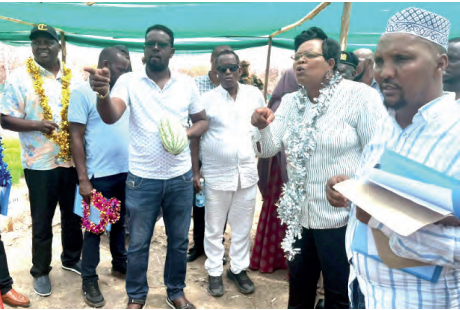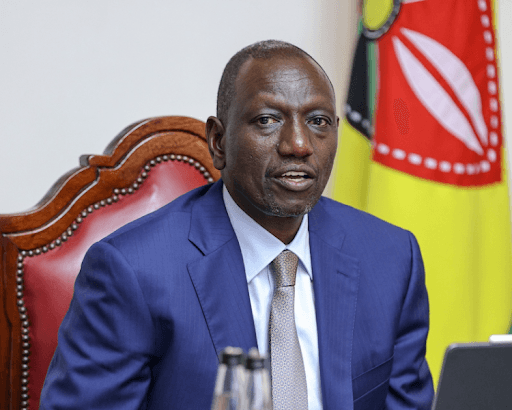
The strained relationship between refugees and host communities in Dadaab took centre stage during a recent visit by the National Assembly’s Regional Development Committee.
The Committee, led by Sigor MP Peter Lochakapong, concluded a two-day fact-finding mission in Garissa county, revealing rising tensions and resource conflicts between the growing refugee population and residents.
“We observed that the attention given to refugees is disproportionately affecting the host communities,” Lochakapong said.
“For example, there are about 3,000 scholarships for refugees, while only about 30 are available for local community members, which is clearly unfair.”
Dadaab hosts over 408,000 refugees, largely from neighbouring Somalia, while the local population stands at just over 319,000.
According to the Committee, many refugees consider Dadaab a “land of milk and honey,” lured by stories of better opportunities and who sometimes bribe security personnel at the Kenya-Somalia border to gain entry.
The Committee reported that the influx of refugees has led to severe environmental degradation and resource conflicts.
Residents raised concerns about increased competition for resources like pasture and water, as well as the depletion of food supplies.
Some refugees, struggling to survive, have turned to poaching wildlife and deforestation to make charcoal.
Committee vice chair, Mary Wamaua, echoed these concerns. “The host communities feel neglected and we are committed to addressing these concerns.
The refugee numbers need to be reduced to relieve the pressure on local resources,” the Maragua MP said.
The porous Kenya-Somalia border has exacerbated security challenges, with local officials reporting an increase in refugees entering the country.
Wamaua emphasised the need to tighten border security, noting that some refugees might be entering Kenya for reasons “not entirely legitimate”.
“We plan to urge the government
to tighten border security to prevent
unnecessary refugee inflows,” the
MP said.











